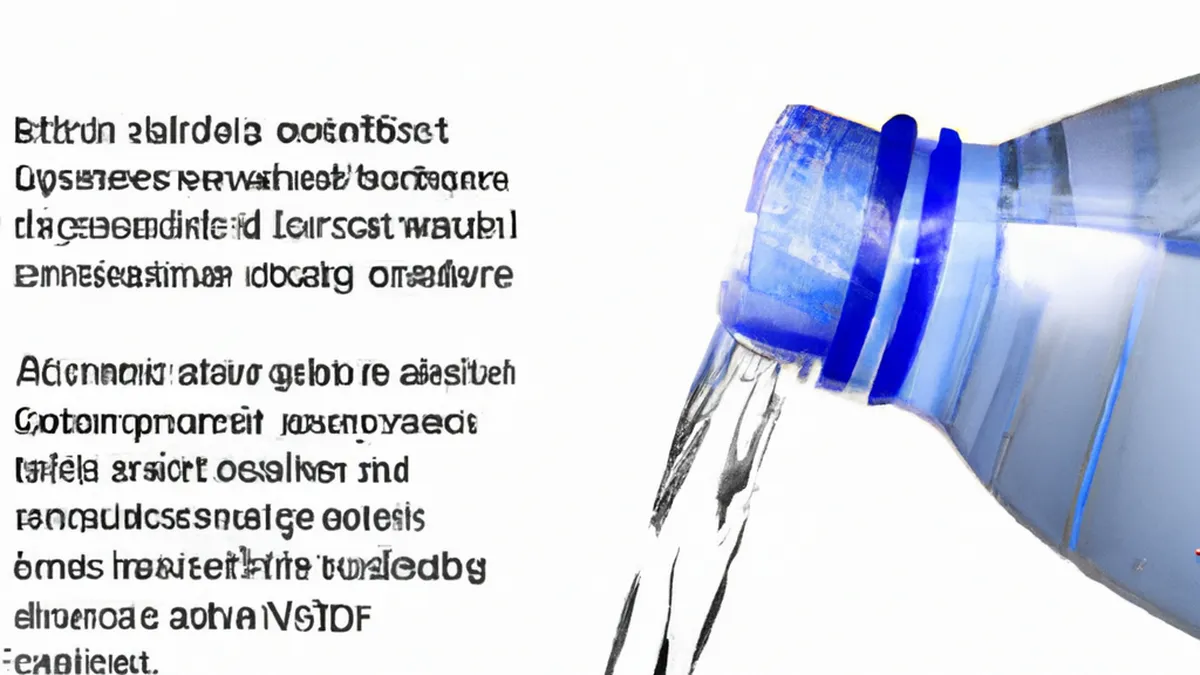Elevation Effects: Hydration and Muscle Strength
The Impact of Hydration on Neuromuscular Performance at High Elevation
High elevation environments challenge athletes, especially in endurance and high-intensity sports. Hydration significantly affects performance in these conditions. As altitude increases, the air becomes thinner and drier, raising dehydration risks. Athletes must understand hydration’s effects on neuromuscular performance to optimize their capabilities. This article examines hydration’s relationship to performance, mechanisms at play, dehydration symptoms, and practical hydration strategies.
The Importance of Hydration
Hydration supports various physiological functions. Water regulates body temperature, transports nutrients, lubricates joints, and removes waste. Moreover, hydration plays a crucial role in neuromuscular performance, affecting muscle contraction efficiency, coordination, and overall output.
The Effects of Dehydration on Performance
Dehydration significantly impairs muscle function. Fluid loss reduces the body’s efficiency in delivering oxygen to muscles, decreasing stamina and strength. This performance decline intensifies at high elevations due to thinner air.
Research shows that mild dehydration—losing 1-2% of body weight—can noticeably reduce performance. Athletes may experience slower reaction times, increased fatigue, and decreased coordination. This decline is critical in sports requiring precision and speed, like running, cycling, or skiing. Altitude and dehydration together create a perfect storm for performance decline, making hydration a priority for athletes.
Neuromuscular Connections
The neuromuscular system, including the brain, spinal cord, and muscles, depends on hydration for optimal functioning. Dehydration disrupts communication between the nervous system and muscles, decreasing contraction efficiency. This affects physical performance and cognitive functions, such as decision-making and reaction times. Athletes at high elevations need hydration to maintain both physical and mental acuity.
Signs of Dehydration
Athletes must recognize dehydration signs to act proactively. Common symptoms include:
– **Thirst**: The initial response to dehydration.
– **Dry Mouth**: Indicates low fluid levels.
– **Fatigue**: Tiredness can hinder performance.
– **Dizziness**: Lightheadedness may occur due to decreased blood volume.
– **Decreased Urine Output**: Dark yellow urine signals dehydration.
Athletes should act immediately if they observe these signs. Early treatment of dehydration prevents performance decline and health risks.
Tips for Staying Hydrated
Athletes should plan to stay hydrated at high elevations. Here are several strategies:
1. Drink water regularly throughout the day.
2. Monitor fluid intake before, during, and after workouts.
3. Use electrolyte drinks for intense activities.
4. Eat water-rich foods like fruits and vegetables.
5. Avoid excessive caffeine and alcohol.
Conclusion
Hydration significantly impacts neuromuscular performance, especially at high elevations. Athletes must prioritize hydration to ensure peak performance and health.
Below are related products based on this post:
FAQ
Why is hydration crucial for athletes performing at high elevations?
Hydration is essential for athletes at high elevations because the thin and dry air increases the risk of dehydration. Proper hydration supports various physiological functions, including regulating body temperature, transporting nutrients, and maintaining muscle function. Dehydration can significantly impair performance, reducing stamina, strength, and cognitive functions, making it crucial for athletes to prioritize hydration.
What are the signs of dehydration that athletes should look for?
Athletes should be aware of several common signs of dehydration, including thirst, dry mouth, fatigue, dizziness, and decreased urine output. These symptoms indicate low fluid levels and can hinder performance. Recognizing these signs early allows athletes to take proactive measures to prevent further dehydration and associated performance decline.
What strategies can athletes use to stay hydrated during high-intensity activities?
To stay hydrated during high-intensity activities at high elevations, athletes can implement several strategies, such as drinking water regularly throughout the day, monitoring fluid intake before, during, and after workouts, using electrolyte drinks for intense activities, consuming water-rich foods like fruits and vegetables, and avoiding excessive caffeine and alcohol. These strategies help ensure optimal hydration and performance.















Post Comment